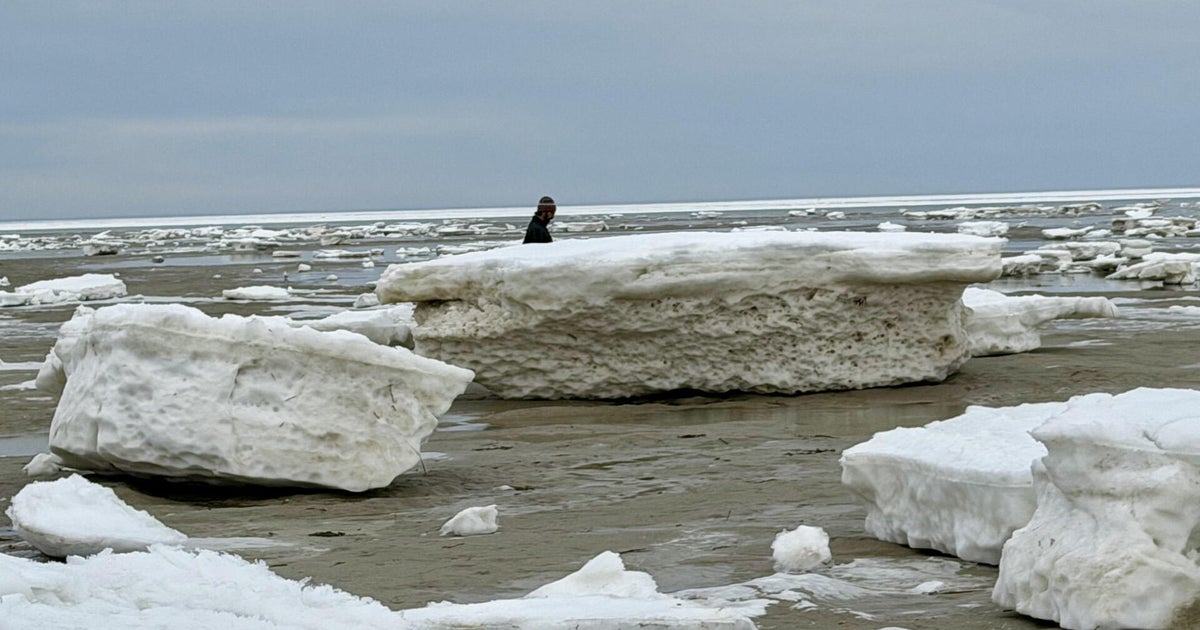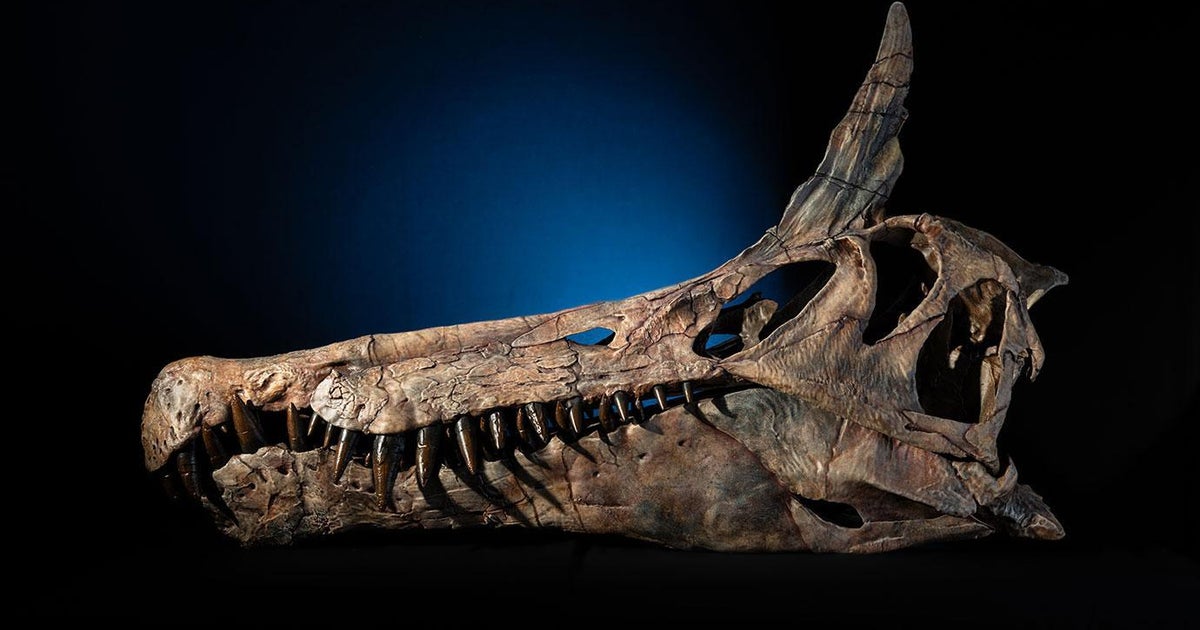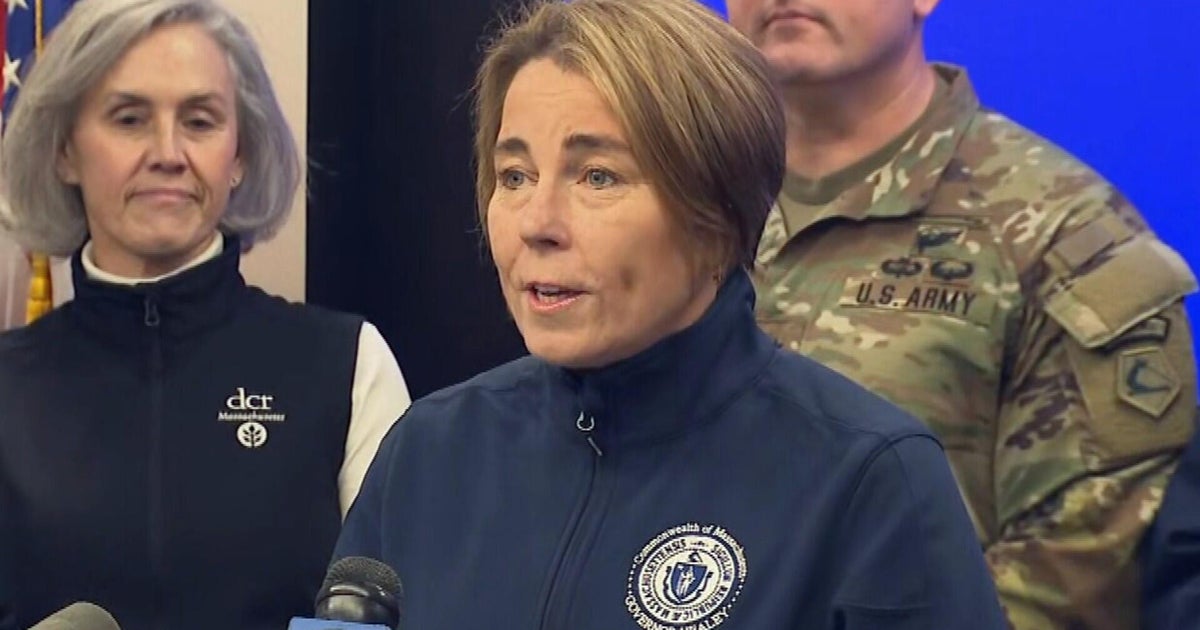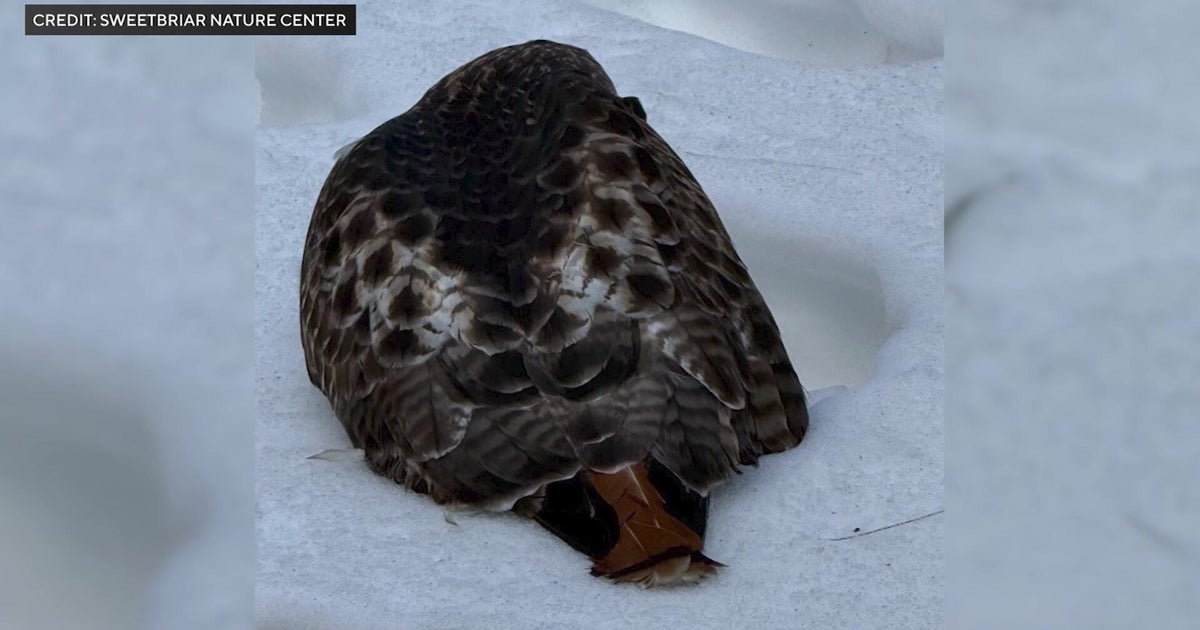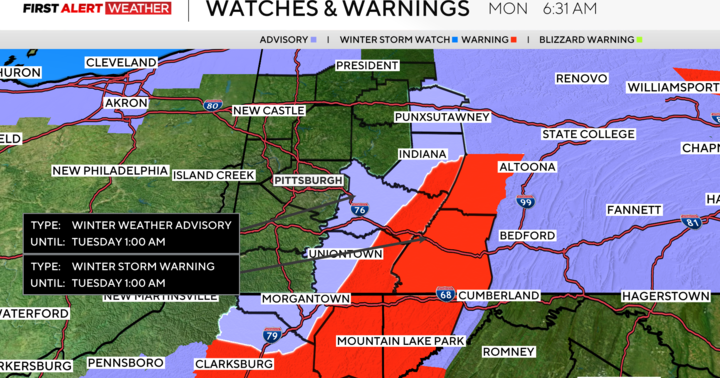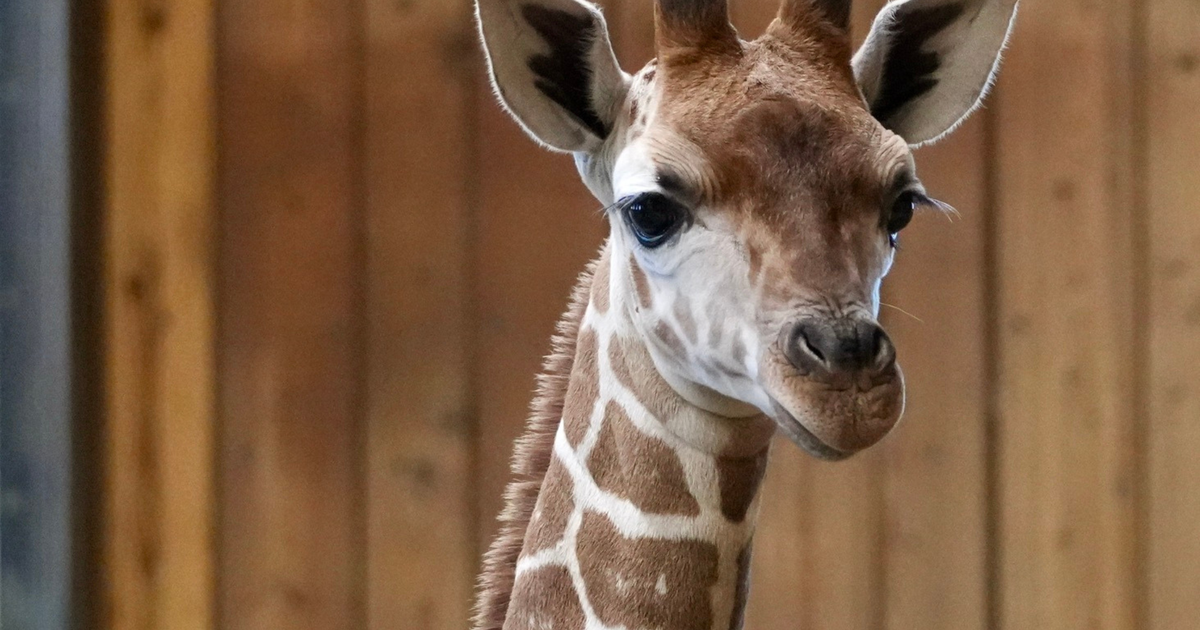Woods Hole researchers use robot to study endangered emperor penguins
FALMOUTH — Six months after being placed on the endangered species list, scientists at Woods Hole are now working to save the emperor penguin by studying and protecting the flightless Arctic birds.
In October 2022, emperor penguins were listed as an endangered species by the US Fish and Wildlife Service as the changing climate threatened their habitat and their survival.
Now, a group of scientists are working together to try and save these birds from the worst-case scenario.
Daniel Zitterbart, a senior scientist for Woods Hole Oceanographic Institution, is among a team that calls the Cape Cod research facility home for most of the year, but five flights and seven days of travel takes him to Atka Bay, Antarctica, a place so remote that emperor penguins outnumber humans 160 to 1.
"Emperor penguins are sentinel for the state of the state of the ecosystem for the southern ocean," said Zitterbart. "They go out in the ocean and swim and forage and come back with information about where did they go, how much food did they find, and how they are doing. If the emperor penguins are doing bad, the ecosystem is doing bad."
The birds tell us a lot about the well-being of our environment, giving a pulse for the health of the southern ocean. By protecting the emperor penguin, we're ultimately protecting the southern ocean, which will help slow down climate change.
In recent years, the southern ocean has been called a sleeping giant — one that is starting to awaken. Preliminary data for Antarctica's 2023 summer sea ice extent shows a new record low, driven by a warming ocean and melting glaciers.
"We are way past "will it change?" said Zitterbart. "It will change, but we have to be able to adapt. Our job is really to provide the best data we can to make pressure, to be able to create protected areas so the ecosystem has more time to adapt. It will have to adapt."
The team begins to collect data by microchipping about 300 penguin chicks each year — the same technology vets used to chip and track our cats and dogs.
However, tracking a group of penguins is harder than tracking a household pet. But, that's where "ECHO," an unmanned ground vehicle, comes in to help.
"ECHO is basically a robot that drives around, detects penguins, slowly approaches them," explains Zitterbart. "It tries to scan them to see if it's one we tagged or not, then goes away, find the next penguin, and scan it again."
The penguins don't seem to mind this rover in their territory. In fact, they are really relaxed as long as the robot goes slow.
"The good thing is, the robot doesn't get tired or bored," he joked.
Zitterbart hopes the success of ECHO translates to more research for other animals with direct human interaction.
"Our aim is to be able to use the technology we develop here and bring it to other species," said Zitterbart.
And while branching out to other animals may be years away, Zitterbart says he likes to take things day-by-day.
"I learn something new every day," he said. "I fail every day. We try something every day and every day we fail again."
"We take tiny little baby steps, those baby steps are very rewarding," he continued. "We educate the next generation of scientists and engineers."


